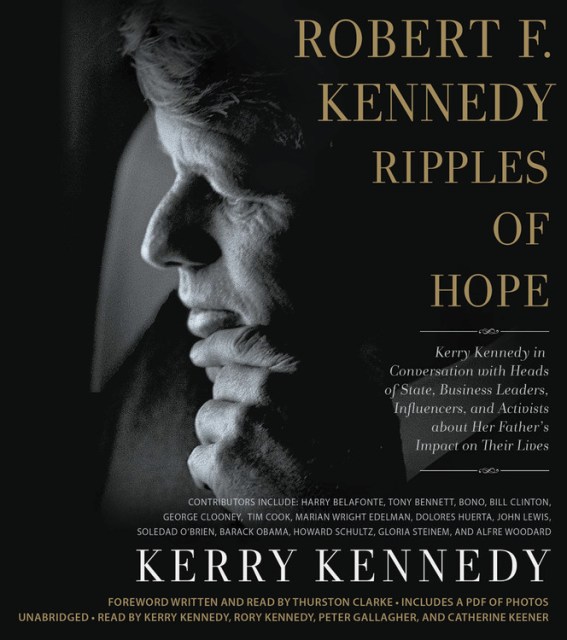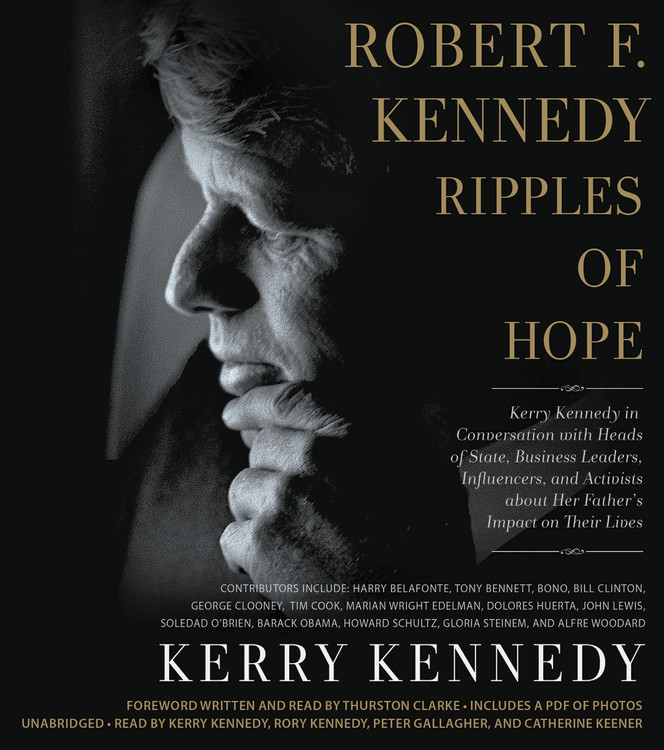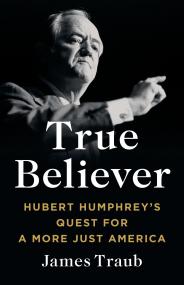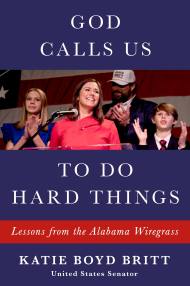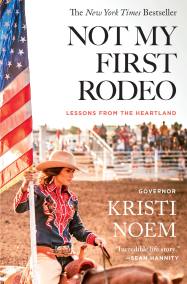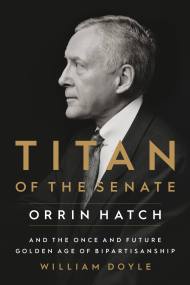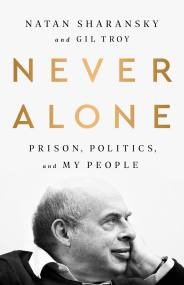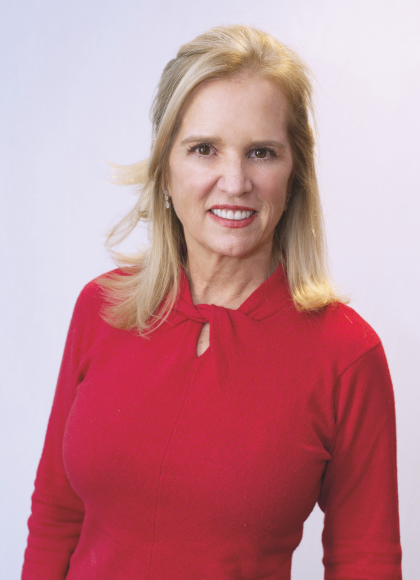Promotion
Use code MOM24 for 20% off site wide + free shipping over $45
Robert F. Kennedy: Ripples of Hope
Kerry Kennedy in Conversation with Heads of State, Business Leaders, Influencers, and Activists about Her Father's Impact on Their Lives
Contributors
Read by Rory Kennedy
Read by Kerry Kennedy
Read by Peter Gallagher
Read by Catherine Keener
Formats and Prices
Format
Format:
- Audiobook Download (Unabridged)
- ebook $11.99 $15.99 CAD
- Trade Paperback $21.99 $28.99 CAD
This item is a preorder. Your payment method will be charged immediately, and the product is expected to ship on or around June 5, 2018. This date is subject to change due to shipping delays beyond our control.
Also available from:
Robert F. Kennedy staunchly advocated for civil rights, education, justice, and peace; his message transcended race, class, and creed, resonating deeply within and across America. He was the leading candidate for the Democratic nomination for the presidency and was expected to run against Republican Richard Nixon in the 1968 presidential election, following in the footsteps of his late brother John. After winning the California presidential primary on June 5, 1968, Robert Kennedy was shot, and he died the following day. He was forty-two.
Fifty years later, Robert Kennedy’s passions and concerns and the issues he championed are — for better and worse-still so relevant. Ripples of Hope explores Kennedy’s influence on issues at the heart of America’s identity today, including moral courage, economic and social justice, the role of government, international relations, youth, violence, and support for minority groups, among other salient topics.
Ripples of Hope captures the legacy of former senator and U.S. attorney general Robert F. Kennedy through commentary from his daughter, as well as interviews with dozens of prominent national and international figures who have been inspired by him. They include Barack Obama, John Lewis, Marian Wright Edelman, Alfre Woodard, Harry Belafonte, Bono, George Clooney, Gloria Steinem, and more. They share personal accounts and stories of how Kennedy’s words, life, and values have influenced their lives, choices, and actions. Through these interviews, Kerry Kennedy aims to enlighten people anew about her father’s legacy and bring to life RFK’s values and passions, using as milestones the end of his last campaign and a life that was cut off much too soon.
Thurston Clarke provides a powerful foreword to the book with his previous reporting on RFK’s funeral train.
Genre:
- On Sale
- Jun 5, 2018
- Publisher
- Hachette Audio
- ISBN-13
- 9781478918226
Newsletter Signup
By clicking ‘Sign Up,’ I acknowledge that I have read and agree to Hachette Book Group’s Privacy Policy and Terms of Use
